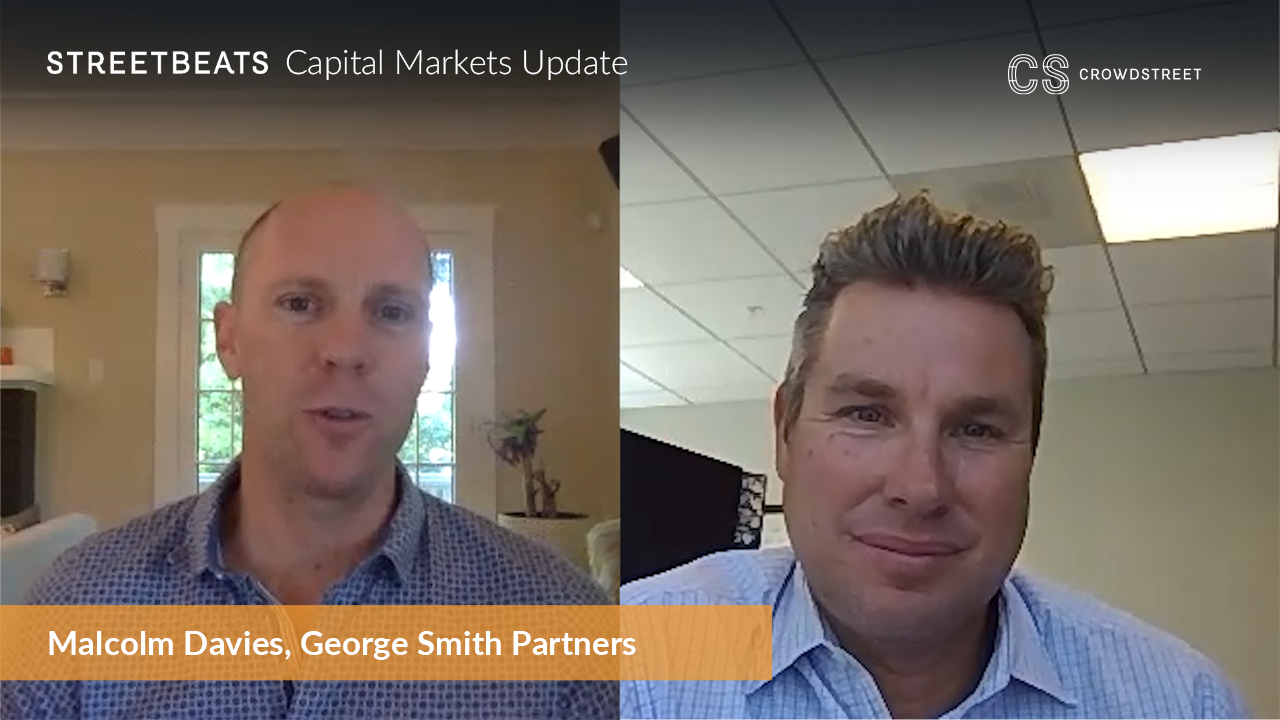
Crowd Street's Ian Formigle is joined by Malcolm Davies, Principal and Managing Director at George Smith Partners to discuss the AirBnB IPO, what happens when debt is the new equity, and how universities are handling the fall semester and what that means for college towns.